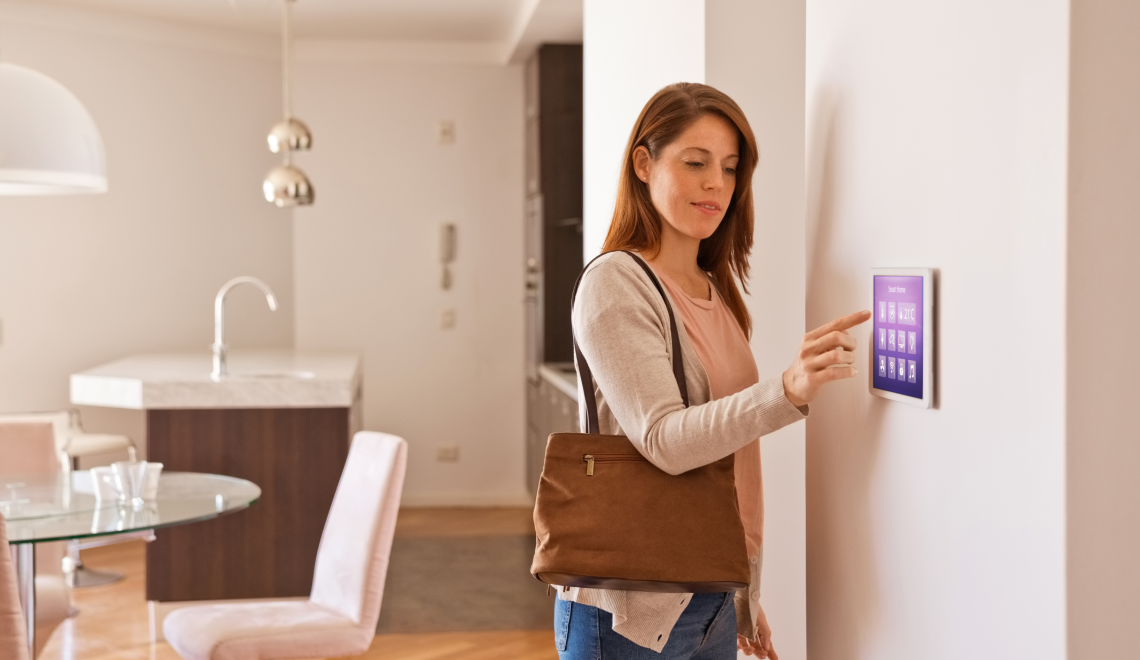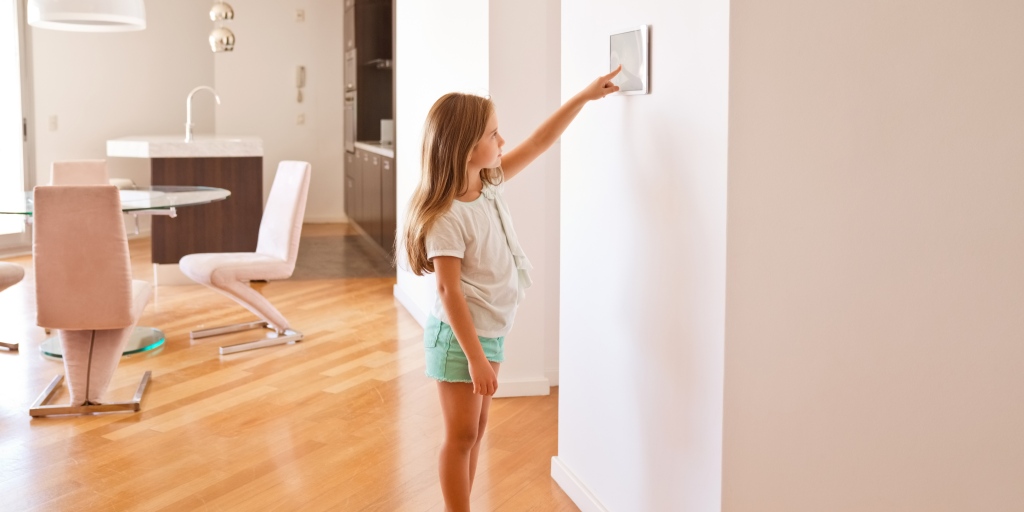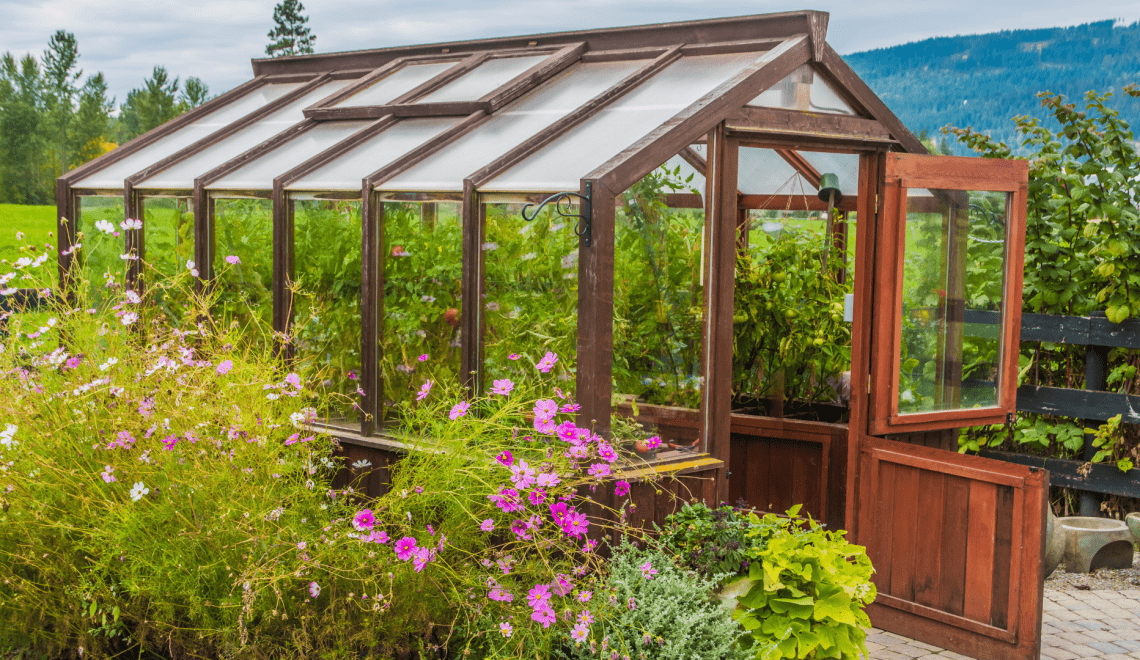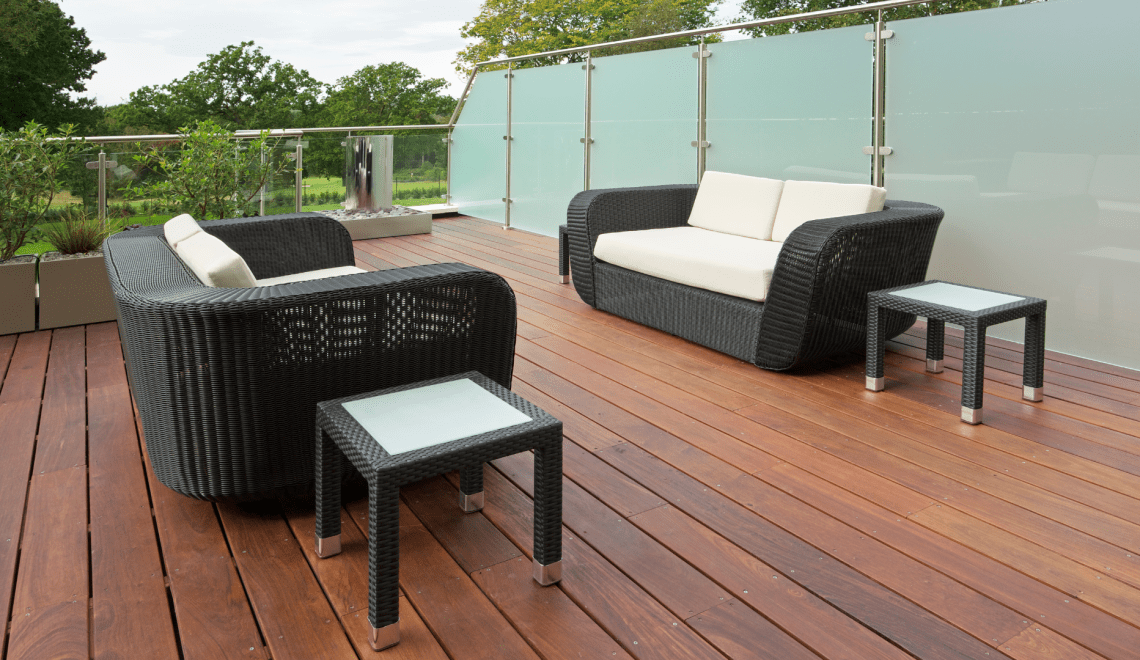
There are more than 1.6 million couples with young kids in Australia making up 16.4% of all households. Home security for households with children is different from dwellings without kids in them. It is critical that houses are childproofed to prevent accidents and injuries in addition to preparing an emergency plan for threats and disasters. Furthermore, home security is crucial for young families to protect loved ones, deter crimes, and foster peace of mind. Here are ways to improve and secure the homes of young families.

Physical Security is the First Step
Fortifying your home is a crucial aspect of protecting your family and abode. For instance, make sure that all windows and doors are fitted with sturdy locks and deadbolts. Think of reinforcing doors and windows for an extra layer of security. Fortunately, nowadays, there are many types of security doors that are both aesthetically pleasing and functional. If possible, install security cameras both inside and outside of your property. Motion-activated lights around your home also assist in defending your property by illuminating dark areas. Additionally, keep your yard clean and neat to eliminate hiding places for intruders and offer a safe space where your kids can play.
Install smoke detectors in strategic locations of the house such as bedrooms and hallways. Testing detectors and replacing batteries annually are also important. Set up low-level smoke detectors in areas where children play such as playrooms or basements. Moreover, ensure that you have carbon monoxide detectors near bedrooms and replace batteries annually. Keep matches, candles, and lighters out of reach of children and install safety latches on cabinets that contain flammable materials. As adults, never leave cooking unattended and turn pot handles inward to prevent accidents such as spills and burns. Avoid overloading electrical outlets which can become a source of fire.
Safety and Security Education
It is highly recommended to teach your children about fire safety, including how to flee your home safely when there is a threat and how to call emergency services. Teach them how to stay low to the ground in smoke-filled areas. It is vital as well to emphasise to your kids, the importance of not talking to strangers or opening doors for people they do not know especially if they are often home by themselves. Furthermore, develop and practice an emergency escape route with your family that will include meeting points in case of fires and other threats.
Digital security is equally important as physical security. Hence, make sure that you have complex and unique passwords for all online accounts. If you have a smart home security system, safeguard it from threats by regularly updating it with security patches. Educate your children about online safety if they are connected already. Explain the dangers of talking to strangers, sharing personal information, or clicking on unknown links.
Keeping young families safe entails strengthening the physical and digital security of the home as well as educating all family members about possible risks such as fires, thefts, and online dangers. By implementing these measures, it is possible to create a safe and secure environment for everyone.










